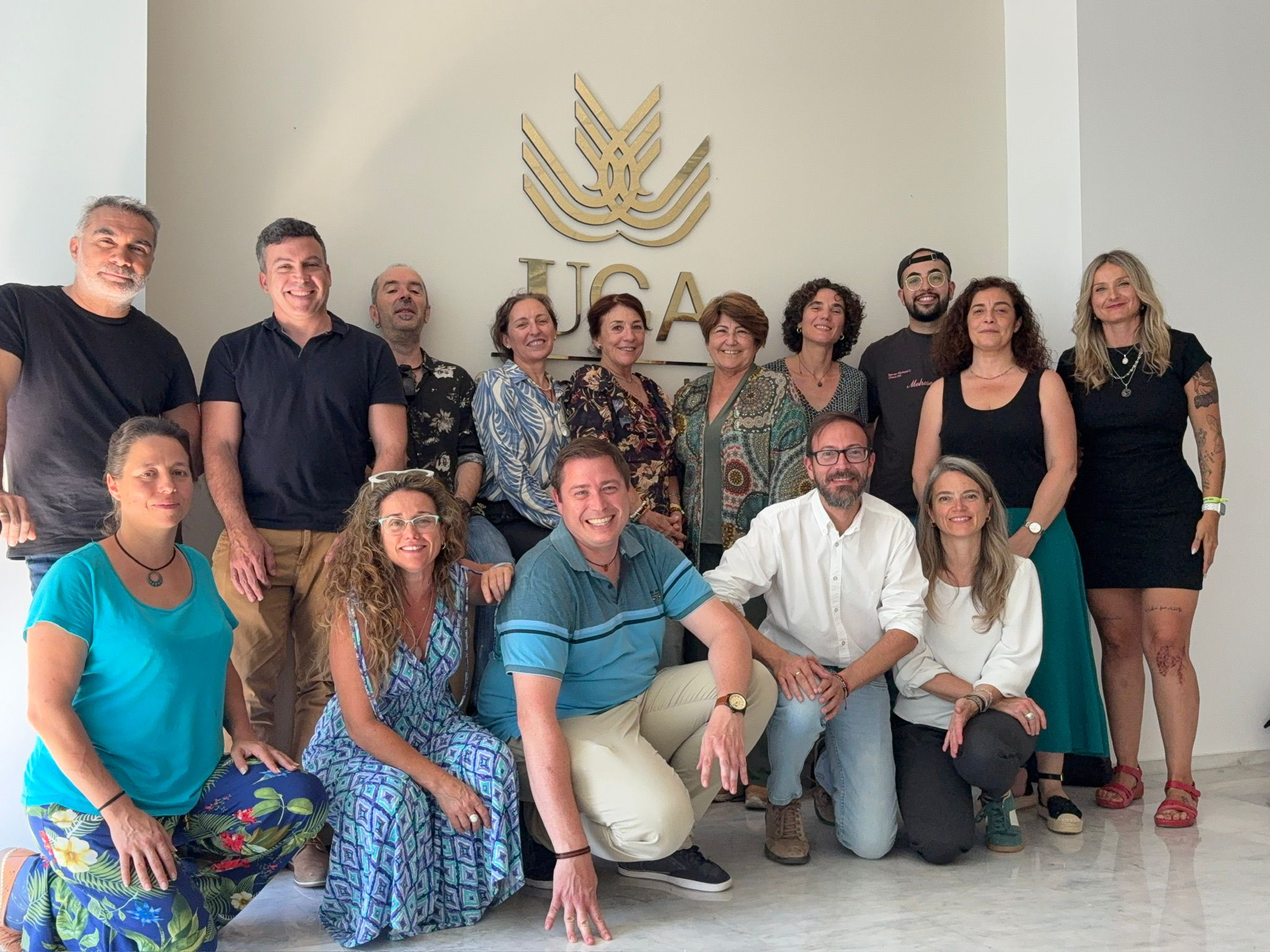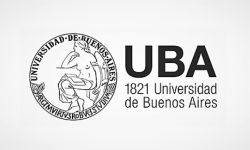 Transformaciones y Conflictos en las Sociedades Contemporáneas (SEJ-657) somos un equipo interdisciplinar de investigadoras y profesionales especializados en diversas áreas de las ciencias sociales críticas. Nuestros perfiles incluyen sociología, antropología social, trabajo social, comunicación y educación social.
Transformaciones y Conflictos en las Sociedades Contemporáneas (SEJ-657) somos un equipo interdisciplinar de investigadoras y profesionales especializados en diversas áreas de las ciencias sociales críticas. Nuestros perfiles incluyen sociología, antropología social, trabajo social, comunicación y educación social.
–
Nuestra misión principal es aplicar una dimensión crítica y emancipadora a la investigación social para comprender las transformaciones y conflictos en las sociedades contemporáneas.
Enfoque
Desde el plano teórico, la base de nuestro trabajo es la teoría crítica. Empleamos una pluralidad de perspectivas teóricas para abordar los problemas sociales, siempre manteniendo un enfoque crítico y reflexivo.
–
En el ámbito metodológico, destacamos por nuestra apuesta por la innovación. Combinamos de manera experta herramientas cualitativas y cuantitativas de vanguardia.
–
Combinamos la aplicación de metodologías innovadoras como la etnografía visual, la etnografía colaborativa y la etnografía experimental, lo que nos permite ofrecer resultados de investigación rigurosos e impactantes sobre la realidad social.

El personal del grupo forma parte de las siguientes redes y asociaciones profesionales:
También mantenemos estrechas relaciones con investigadores y grupos de las numerosas instituciones españolas e internacionales:























